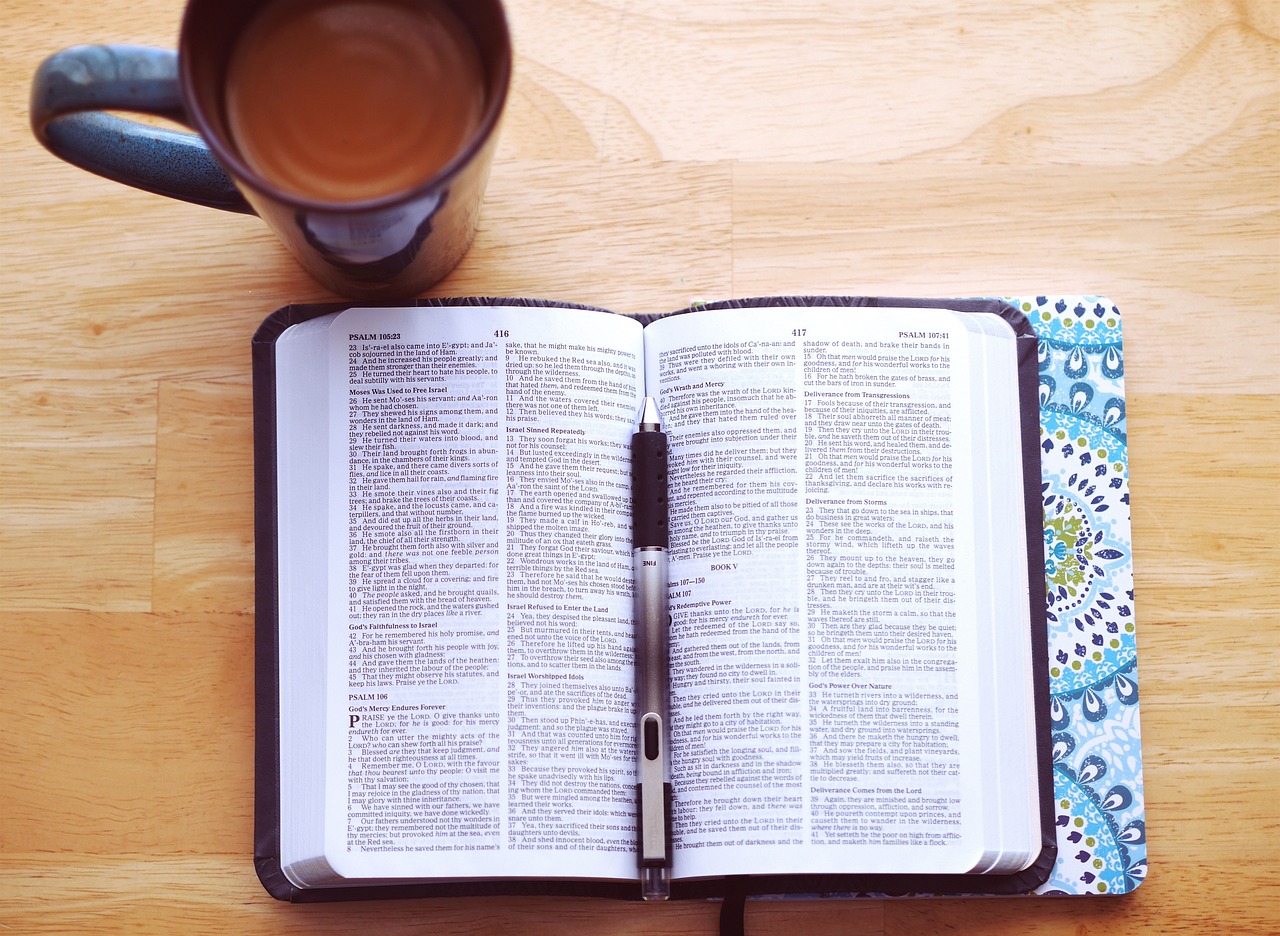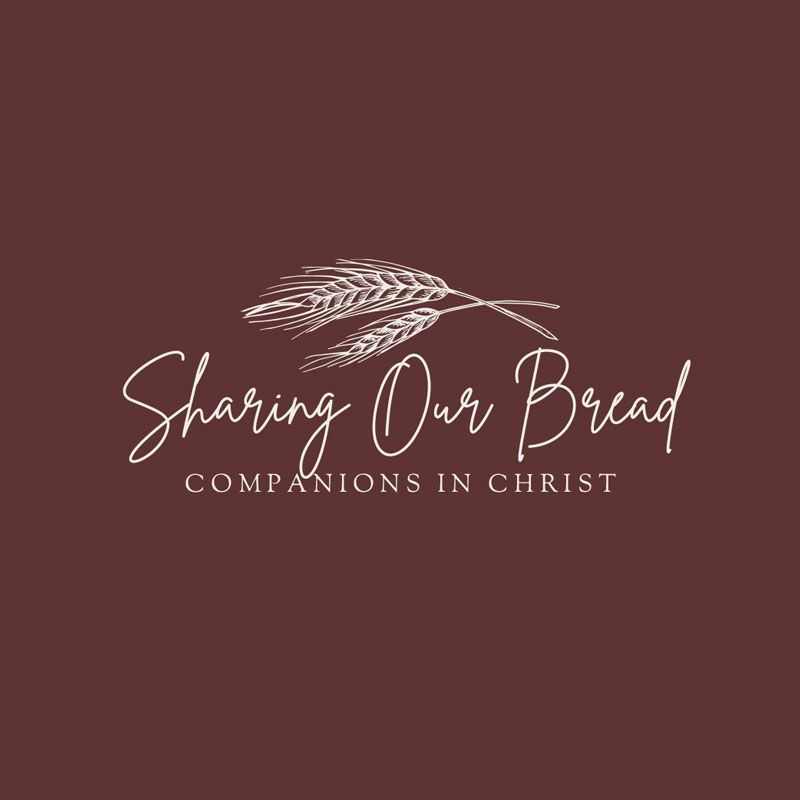Women of the Word is a group that meets every other Tuesday evening to discuss the intersection of God’s story with our stories. This fall we will have several short lessons using an on-line curriculum from TheThoughtfulChristian.com. We will look at Bible and Theology this fall, and turn to contemporary issues in the spring. The group meets from 7 to 8:30pm in the Lounge. Fall meeting dates are: September 16 and 30; October 14 and 28; November 11 and 25; and December 9.
We hope you’ll join us—for more information, contact Cynthia Korkuch or Louise Johnson.
September 16 and 30 – Books That Didn’t Make the Bible and Why
How did Christians decide which books got into the New Testament? And what about all the ones that didn’t? Should we care about them? Session 1 (9/16) explains the process of deciding which books were considered essential and which were not. It also lists a number of books that have been discovered that speak of Jesus and his life and mission. The second session (9/30) looks particularly at the Gospel of Thomas as a case study for inclusion/exclusion from the Scriptures. The participant will gain a basic understanding of the criteria the Christian community has used throughout its history to include or exclude books from the Bible.
October 14 and 28 – The Books between the Testaments
Have you ever noticed that some Bibles have the words “with Apocrypha” written on their spines? In the Revised Standard Version of the Holy Bible, these words refer to nineteen books or parts of books placed after Malachi and before the Gospel of Matthew. How did these books come to be placed in the middle of the Bible, and what value, if any, do they have? If you examine The New American Bible used by Roman Catholics, you will find that this Bible has no such middle section. Why? How then do Christians regard these books, and do they read them? These are some of the questions that we will consider in the first session (10/14). The second session (10/28) looks specifically at the book of Tobit and examines arguments for and against its inclusion in the Bible.
November 11 – Hosea, Amos, and Micah
Although Hosea, Amos, and Micah write to us from another time, many believe that their teachings are still relevant in today’s world. In particular, we can relate to their exploration of a political economy that exploits the vulnerable among us, the poor and powerless. This one-session, adult study offers a summary of these famous Minor prophets and provides insight on their teachings, including neighborly solidarity, steadfast love, and justice. Prayers, readings, discussion questions, and activity ideas are available on the Leader’s Guide.
November 25 – The Three Major Prophets
The three Major Prophets came from three different places and yet arrived at the common conclusion–God will not be mocked by Israel, nor will God quit on Israel. This one-session adult study, “The Three Major Prophets: Isaiah, Jeremiah, and Ezekiel,” is by Old Testament scholar and teacher Walter Brueggemann. Participants will learn why these books are considered “major” and examine the major themes of each and their common vision of hope.
December 9 – Party!


